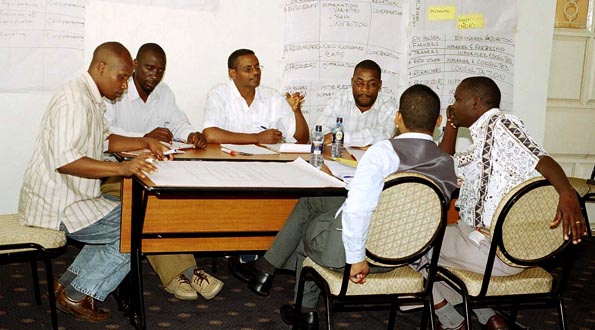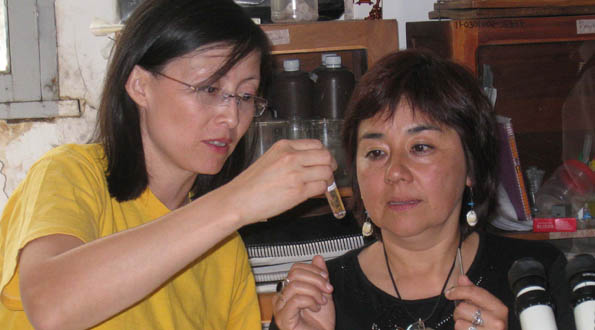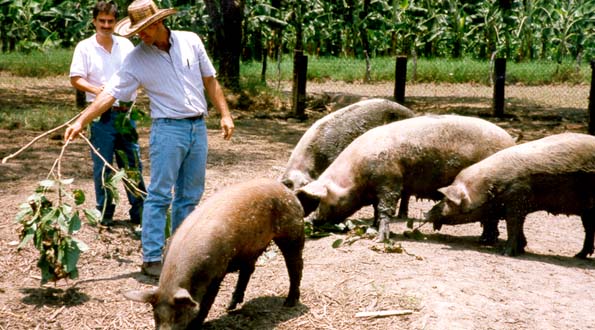About IFS
The Organization
IFS was founded in 1972 as a non-governmental organization in Sweden, where its Secretariat is located in Stockholm. Its establishment was Initiated after the 1965 Nobel Prize-winning Pugwash Conference in Venice1, in order to foster original Research and Scientific growth within Low- and Lower -Middle Income Countries (LLMICs). IFS is a global organization that:
- is supported by a multicultural Secretariat with eleven staff (nine women and two men) who come from eight countries around the world
- is governed by an international Board of Trustees that has representation from all regions in which it operates, as well as expertise in fund-raising, management and finance, and
- Has a membership of 92 scientific academies, three-quarters of Which are located in LLMICs.
Our Core Values are: Trust and Integrity, Transparency, Equity, Empowerment and Mutual Respect. IFS supports gender equality and recognizes the need to increase the diversity of underrepresented groups in science.
IFS's has a Vision of LLMIC scientists assuming ownership and development of local and regional research agendas and contributing to a global research community committed to supporting sustainable development and building science literacy.
The IFS Mission is to secure resources and draw on its extensive global network of reviewers, scientific advisors, alumni and Secretariat to enhance the capacity of promising early career women and men scientists in LLMICs to acquire the skills necessary to:
- conduct original research that relates to genuine problems and generates fundamental and / or applicable scientific knowledge that can be put to use;
- contribute to science literacy;
- communicate their results to the public at large, including scientists, politicians and policy makers, donors and private interest groups;
- influence science priority setting; and
- network and collaborate with the global research community to shape research agendas, both local and global.
Awards to Grantees
From time to time IFS gives awards for excellence in research to outstanding IFS Grantees. Grantees must be nominated for these awards, but may not nominate themselves. Further details in the following pages:
1. The Pugwash Conferences take their name from the location of the first meeting, which was held in 1957 in the village of Pugwash, Nova Scotia, Canada. The stimulus for that gathering was a manifesto issued in 1955 by Bertrand Russell and Albert Einstein -- and signed also by Max Born, Percy Bridgman, Leopold Infeld, Frederic Joliot-Curie, Herman Muller, Linus Pauling, Cecil Powell, Joseph Rotblat, and Hideki Yukawa -- which called upon scientists of all political persuasions to assemble to discuss the threat posed to civilization by the advent of thermonuclear weapons. Since then the Nobel Prize winning conference series of scientists meeting in private as individuals, rather than as representatives of governments or institutions has expanded its remit to seeking cooperative solutions for global problems. The 1965 meeting first proposed the creation of IFS.










